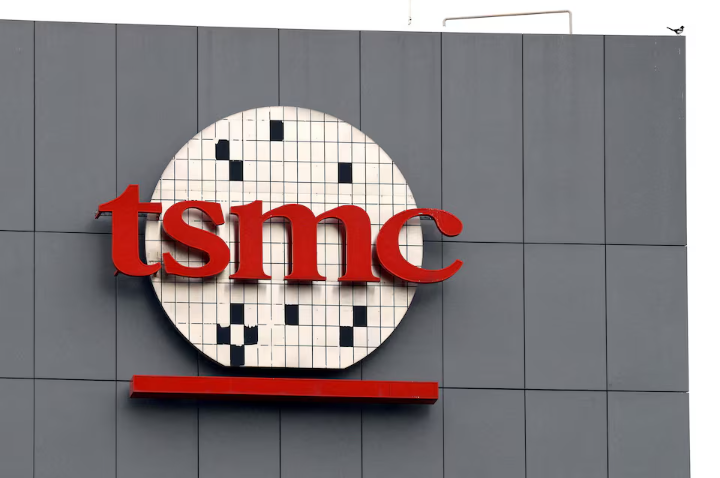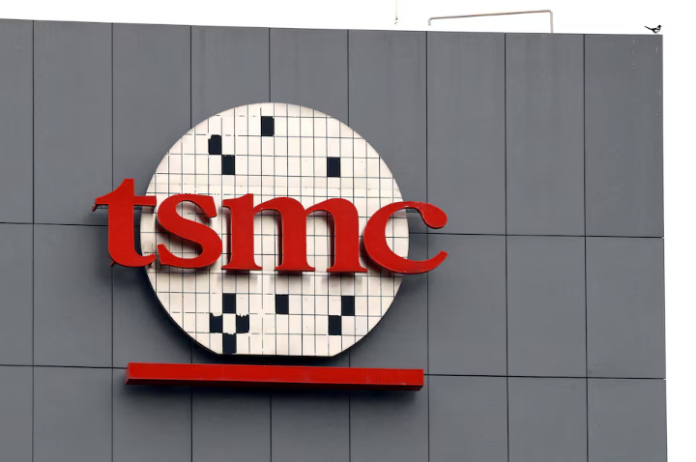Taiwan Semiconductor Manufacturing Company (TSMC), the world’s largest chipmaker, is under scrutiny and could face a penalty exceeding $1 billion due to a U.S. investigation into possible export control violations. According to sources familiar with the matter, TSMC is being investigated for manufacturing chips for China-based Sophgo, which are believed to be used in Huawei’s high-performance AI processor, the Ascend 910B.
This development comes at a sensitive time, as U.S.-Taiwan relations face strain following new tariffs imposed by the Trump administration. Although the 32% tariff on Taiwanese imports excludes semiconductors for now, Trump has hinted that chip-related levies are also being considered.
TSMC’s equipment includes U.S. technology, meaning its Taiwan-based operations are subject to U.S. export controls. These rules prohibit companies from supplying restricted entities—like Huawei—without a license. Huawei has been blacklisted by the U.S. government over concerns related to national security, sanctions evasion, and intellectual property theft.
Sophgo, a Chinese company, reportedly ordered chips from TSMC that closely resemble those used in Huawei’s Ascend 910B processor. Nearly 3 million such chips were produced in recent years, raising red flags among U.S. officials and researchers monitoring China’s growing AI capabilities. The penalty TSMC could face—up to twice the value of the alleged transactions—could easily surpass $1 billion.
While TSMC maintains that it has not supplied Huawei since September 2020 and is committed to complying with export regulations, the U.S. Department of Commerce is continuing its probe. A formal “charging letter” from the department, detailing alleged violations and proposed fines, is expected soon.
TSMC previously came under the spotlight when TechInsights, a Canadian tech firm, disassembled a Huawei AI chip and found a component made by TSMC. This prompted TSMC to halt shipments to Sophgo, and the Commerce Department soon ordered the company to suspend delivery of advanced chips to Chinese firms for AI-related use.
By January 2025, Sophgo was also placed on the Commerce Department’s restricted list alongside Huawei, adding further pressure on companies doing business with Chinese tech firms.

Commerce Secretary Howard Lutnick and Under Secretary Jeffrey Kessler have both emphasized that the U.S. government plans to aggressively enforce export control regulations. Speaking at recent events, they stressed the importance of stopping the flow of sensitive technologies to adversarial nations.
A billion-dollar fine would be one of the largest ever imposed in such cases. For comparison, U.S.-based Seagate Technology was fined $300 million in 2023 for supplying over $1.1 billion worth of hard drives to Huawei.
TSMC’s troubles could have ripple effects beyond legal penalties. The company is a key player in global chip supply and has recently announced plans to invest $100 billion in expanding its manufacturing presence in the U.S. This includes building five new semiconductor facilities.
As the situation unfolds, the tech world watches closely. The outcome could set a powerful precedent for how far U.S. regulators are willing to go in enforcing tech export laws—and reshaping the global chip market in the process.



